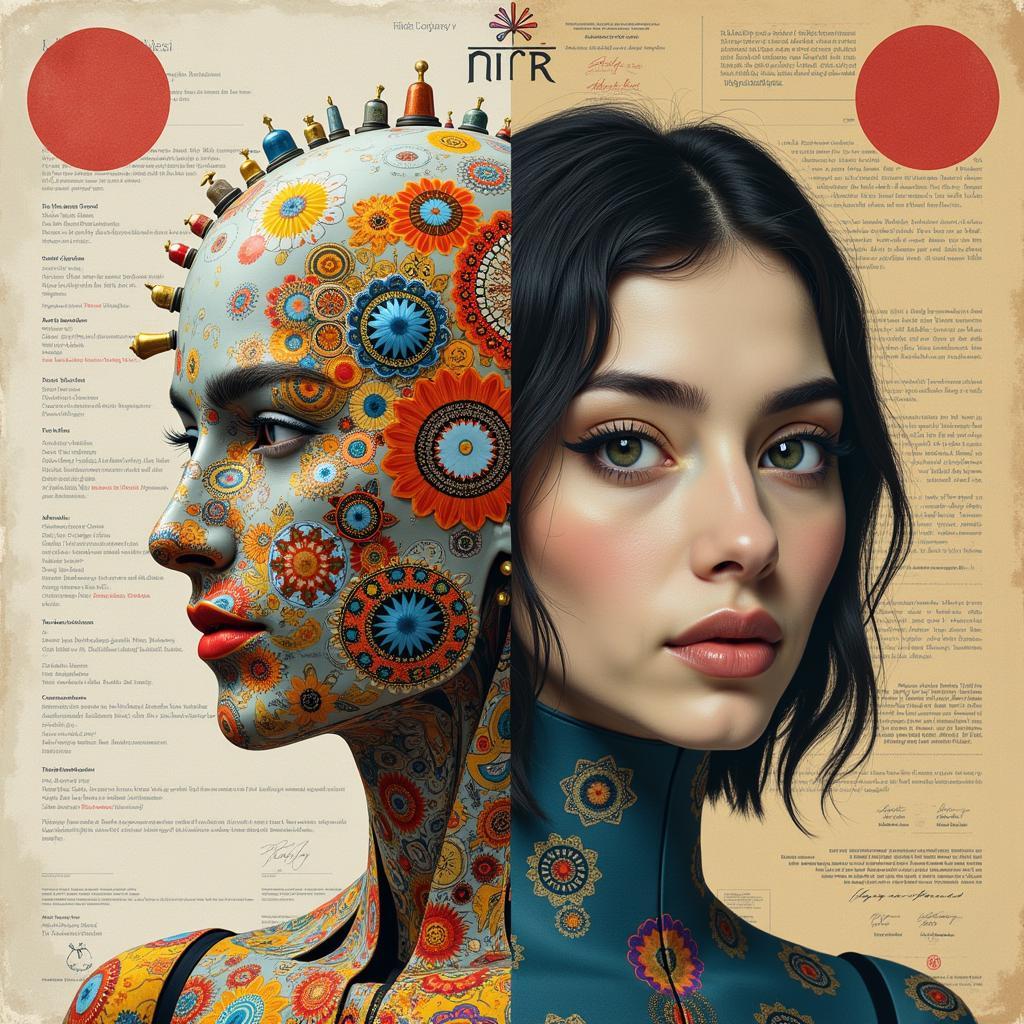The topic of artificial intelligence’s impact on intellectual property rights has become increasingly relevant in IELTS Writing Task 2 examinations. Based on recent test reports and analysis of past papers, this theme has appeared multiple times in different forms, particularly in Technology and Innovation categories. Similar to The importance of protecting intellectual property rights, this topic requires careful consideration of both technological advancement and legal frameworks.
Task Analysis
Some people believe that artificial intelligence (AI) is creating new challenges for intellectual property rights protection. To what extent do you agree or disagree with this statement? Provide reasons and relevant examples to support your answer.
This question requires candidates to:
- Express their position on AI’s impact on IP rights
- Provide specific examples and reasoning
- Maintain a clear argument throughout
- Consider both technological and legal perspectives
Band 8 Model Answer
The rapid advancement of artificial intelligence has indeed created unprecedented challenges for intellectual property protection, and I strongly agree that this technological revolution is significantly impacting traditional IP frameworks. This essay will explore the major challenges and their implications for intellectual property rights.
Firstly, AI’s ability to generate creative works autonomously raises fundamental questions about ownership and authorship. When an AI system creates artwork, music, or literature, determining the rightful owner becomes complex. For instance, the recent case of AI-generated artwork selling at Christie’s auction house for $432,500 highlighted the ambiguity in current copyright laws, which were designed with human creators in mind. Similarly to importance of investing in green technologies, proper regulation and investment in AI oversight is crucial.
Moreover, AI systems’ capability to analyze and learn from vast amounts of data poses significant challenges for patent protection. These systems can potentially combine existing patents in novel ways, making it difficult to determine whether new AI-generated innovations infringe upon existing patents. For example, when an AI system develops a new drug formulation by analyzing thousands of existing patents, establishing originality and avoiding infringement becomes increasingly complex.
Furthermore, the speed at which AI can innovate far exceeds human capabilities, potentially overwhelming current IP registration systems. Patent offices worldwide are struggling to adapt their processes to handle AI-generated innovations efficiently while maintaining thorough examination standards. This situation could lead to a backlog of applications and potentially reduce the quality of patent reviews.
In conclusion, while AI offers tremendous benefits for innovation, it undeniably creates substantial challenges for intellectual property protection. To address these issues, legal frameworks must evolve to accommodate AI-generated works while ensuring fair protection for all stakeholders.

Band 6.5 Model Answer
I agree that artificial intelligence is making intellectual property rights protection more difficult. This essay will discuss some main problems that AI creates for IP rights.
First, AI can make many things like pictures and music by itself. This makes it hard to know who owns these things. For example, if a computer program makes a painting, we don’t know if the owner is the person who made the program or the company that owns the AI.
Second, AI can copy things very quickly. It can look at many different inventions and combine them to make something new. Sometimes we can’t tell if this is copying or making something original. This makes it hard for companies to protect their ideas.
Also, AI works very fast and can make many new things quickly. The offices that check patents and copyrights cannot work as fast as AI. This means there are too many new things to check properly.
In conclusion, AI definitely makes it harder to protect intellectual property rights. We need new rules to deal with these problems. The government should make better laws about AI and intellectual property.
Analysis of Band Scores
Band 8 Essay Analysis
- Task Response (Band 8): Fully addresses all parts of the task with well-developed ideas
- Coherence and Cohesion (Band 8): Logical organization with clear progression
- Lexical Resource (Band 8): Wide range of vocabulary used naturally
- Grammatical Range (Band 8): Various complex structures used accurately
Band 6.5 Essay Analysis
- Task Response (Band 6.5): Addresses the task but with less development
- Coherence and Cohesion (Band 6.5): Basic organization but less sophisticated linking
- Lexical Resource (Band 6.5): Adequate vocabulary but limited range
- Grammatical Range (Band 6.5): Mix of simple and complex structures with some errors
Key Vocabulary
- unprecedented (adj) /ʌnˈpresɪdentɪd/ – never known or done before
- autonomously (adv) /ɔːˈtɒnəməsli/ – acting independently
- infringement (n) /ɪnˈfrɪndʒmənt/ – breaking of a law or agreement
- formulation (n) /ˌfɔːmjuˈleɪʃn/ – development or creation of something
- stakeholders (n) /ˈsteɪkhəʊldəz/ – people with interest in something
- innovation (n) /ˌɪnəˈveɪʃn/ – new idea, device, or method
- ambiguity (n) /ˌæmbɪˈɡjuːəti/ – uncertainty or unclear meaning
- backlog (n) /ˈbæklɒɡ/ – accumulation of uncompleted work
Consider practicing with these similar topics:
- AI’s role in creative industries
- Technology patents in the digital age
- Copyright protection in the AI era
- Digital rights management challenges
Feel free to share your practice essays in the comments section for feedback and discussion.